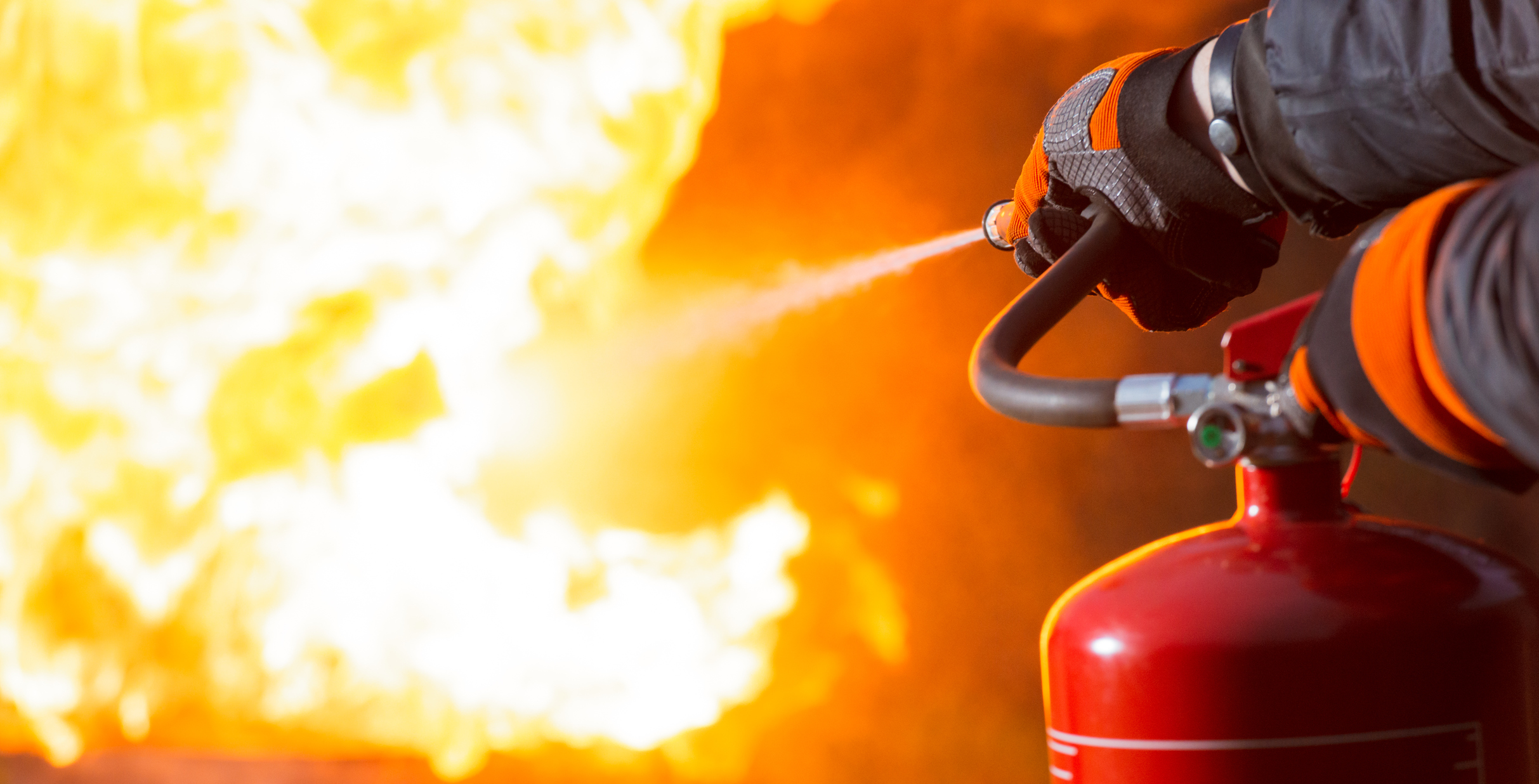The Importance Of a Fire Extinguisher In the Inspection Bay

When we think of vehicle safety, we often consider seat-belts, airbags, and routine maintenance. However, one of the most overlooked yet essential safety tools in any vehicle is a fire extinguisher. Car fires can happen unexpectedly due to electrical faults, fuel leaks, or overheating, and having a fire extinguisher on hand can mean the difference between a minor incident and a life-threatening disaster.
In this article, we’ll explore the necessity, benefits, and tips for having a fire extinguisher in your vehicle.
Why Every Vehicle Needs a Fire Extinguisher
1. Immediate Fire Control & Prevention
A small spark can quickly escalate into a raging fire. Having a fire extinguisher allows you to act immediately, preventing flames from spreading and causing extensive damage or injuries.
2. Protection Against Electrical & Fuel Fires
Modern vehicles have complex electrical systems and fuel components, which can lead to short circuits or fuel leaks—two of the most common causes of vehicle fires. A fire extinguisher designed for Class B (flammable liquids) and Class C (electrical) fires can help put out such fires safely.
3. Compliance with Safety Regulations
Many road safety laws require certain vehicles, such as commercial trucks, public transport, and heavy-duty vehicles, to carry fire extinguishers. Even if it’s not mandatory for private cars in your region, having one ensures preparedness in emergencies.
4. Protects Passengers & Property
A vehicle fire not only endangers the driver but also passengers and other road users. Quick action with a fire extinguisher can prevent injuries and reduce property loss, avoiding costly repairs or total vehicle loss.
5. Increases Confidence & Preparedness
Knowing that you have a fire extinguisher in your vehicle gives you confidence to handle emergencies effectively. It ensures peace of mind while driving, especially on long trips or in high-risk environments.
What Type of Fire Extinguisher Should You Have?
Not all fire extinguishers are suitable for vehicles. It’s important to choose the right type:
Class A, B, & C Fire Extinguishers – These cover fires caused by solid materials, flammable liquids (petrol, diesel), and electrical faults.
Compact & Portable – A vehicle extinguisher should be lightweight and easy to access in an emergency.
Rechargeable or Disposable – Ensure your extinguisher is properly maintained and replaced when necessary.
With a Secure Mounting Bracket – Store it in a fixed, easy-to-reach location, such as under the seat or in the trunk.
Have Questions? Get in Touch!
We're here to help and answer any questions you might have



